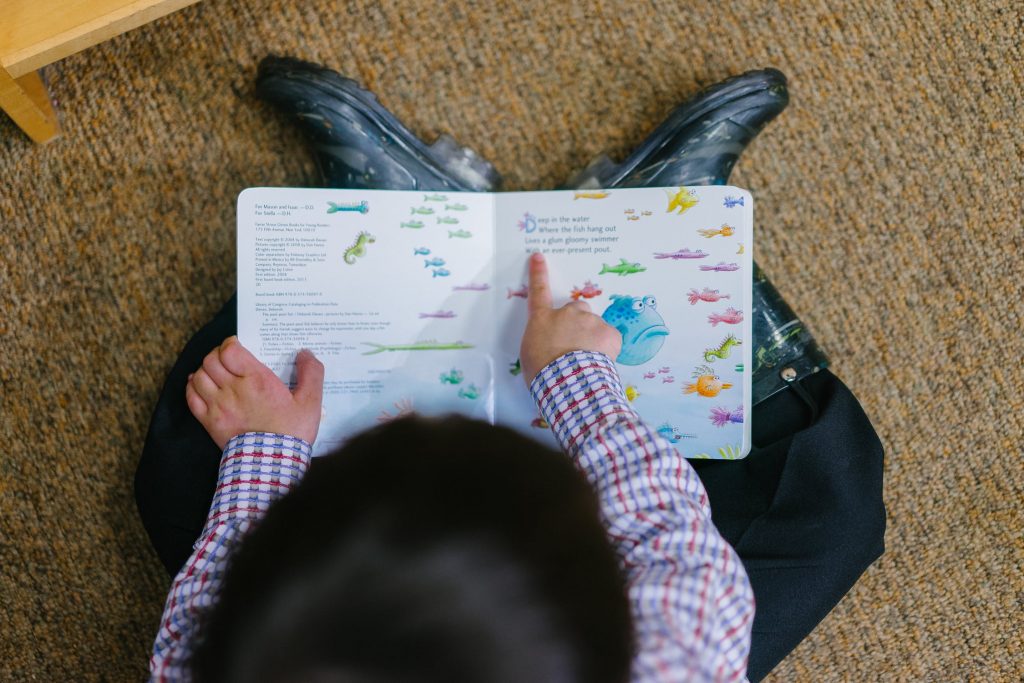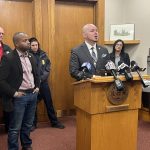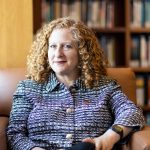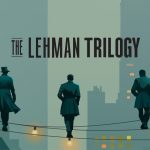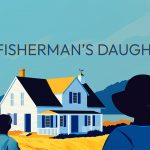Kaul Asks State Supreme Court To Order Release of $50 Million Literacy Fund
Dane County judge previously rejected request to release the money. Legislature has held funding.
Wisconsin Attorney General Josh Kaul is asking the state Supreme Court to decide whether the legislature should release $50 million to fund mandated reading legislation.
In a bypass petition filed Tuesday with the high court, Kaul said the reading bill, known as Act 20, is in full swing, but the money to pay for it hasn’t been released.
In August, a Dane County Circuit Court judge rejected a request by the state Department of Public Instruction to release $50 million that would fund, identify and implement literacy testing and curriculum, develop an office of literacy and recruit dozens of literacy coaches.
In the same August ruling, Judge Stephen Elhke ruled Gov. Tony Evers appropriately used his partial veto authority when he cut parts from the reading bill, a move Republicans called unconstitutional.
Kaul is asking the Supreme Court to bypass the Appellate Court and rule on releasing the $50 million.
“The Governor and DPI will very likely show that the Governor validly partially vetoed Act 100 and that DPI is entitled to the $50 million in disputed literacy funding,” Kaul wrote to the Supreme Court. “Both issues are destined for this Court, and leaving them to the ordinary appellate process would significantly harm the Governor, DPI, school districts statewide, and the public.”
Meanwhile, State Superintendent Jill Underly announced Wednesday she’ll ask the Legislature for an additional $60 million to fund literacy improvements in the next biennial budget.
“The early literacy priorities included in my budget proposal are needed to build on this year’s funding for Act 20 — which we still need,” Underly said.
The money would, in part, increase the number of literacy coaches from the required 64 under Act 20 to 100.
Kaul asks Wisconsin Supreme Court to hear case on DPI’s request for $50M to fund reading bill was originally published by Wisconsin Public Radio.
If you think stories like this are important, become a member of Urban Milwaukee and help support real, independent journalism. Plus you get some cool added benefits.


